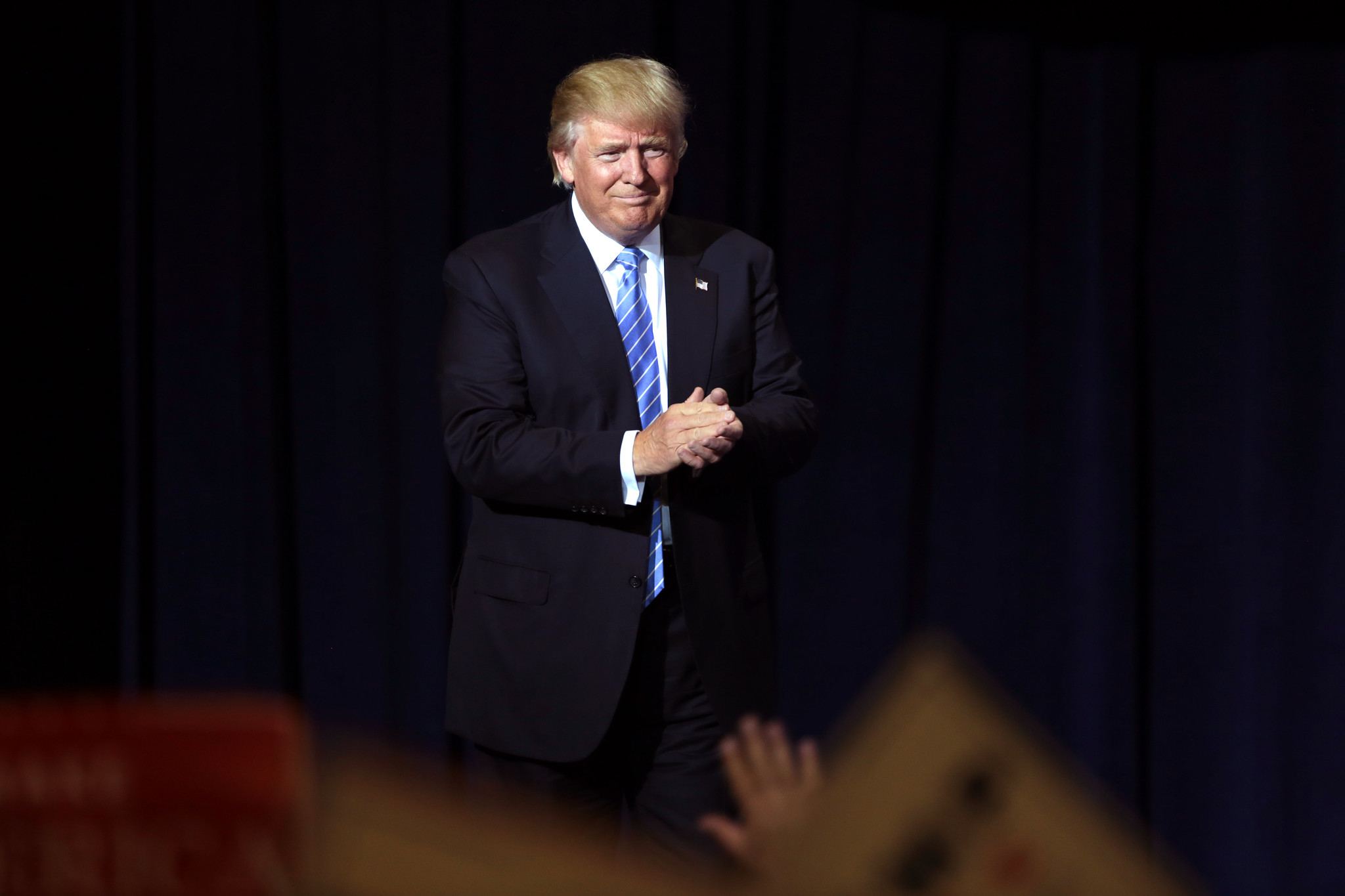Against Anonymity

It is time for political resistance in our own names.
The following piece does not necessarily reflect the opinion or beliefs of the editors of The American Mind. We publish many items by pseudonymous authors and understand the practical necessity and value of maintaining anonymity. There is a long, respected tradition of using pseudonyms in writing about politics. Nonetheless, the author makes strong points that we find worthy of consideration.
I participate in a number of online politically-oriented group chats which include professors, military men, stay-at-home parents, lawyers, and entrepreneurs. The membership of these chats varies from a few dozen to hundreds of people, and I have met almost none of them in person. These groups are all composed of people who are deeply troubled by the direction of America over the last twenty years.
Common topics of discussion range from the ideological groupthink that defines the culture of higher education and the political leveraging of Covid-19 to expand state power to the elite fixation on racial grievance and the aggressions of the LGBTQIA+ lobby. Those who take part are anxious and angry at America’s dominant institutions, which have had a malign influence on the way people live, work, raise children, and are cared for when sick.
These conversations help us to piece together a more informed, broader perspective on what is happening in America, establishing communication across boundaries that sometimes aren’t crossed in everyday life. Nurses tell teachers what is happening in the hospitals, and teachers tell entrepreneurs what is happening in the administration of the public schools. These groups grow organically: one trusted member mentions to the group a friend or acquaintance who would be a sympathetic or useful addition to the chat. With the permission of the group, that member then invites their trusted friend to join.
This presumption of trust and confidentiality is critical in these chats. Most members believe that openly expressing opposition to the equity-oriented racialized ideology taking over American institutions could cost them, whether professionally, personally, or financially. But if there is any single theme that dominates these dialogues, it is: “What can we do? What strategies can private citizens use to take back our political agency and our rights?” These are hard questions to answer, especially when the forms that effective resistance can take are narrowed considerably when one worries that the personal risks that attend resistance are too high to bear.
In short, people want to fight, but they want to fight anonymously or pseudonymously. There is much talk of anonymous letters, or secret leaking of internal workplace communications to journalists who might be willing to publish them. These aren’t bad ideas, but they are necessarily limited in their potential impact. Just as an anonymous accusation carries less weight than one where the accuser puts his name and face behind it, covert and anonymous forms of political opposition are less powerful than actions undertaken by people who refuse to conceal their identities. This is one of the many reasons it is hard to muster any respect for the masked thugs in Antifa. And our fortunes in the unfolding cultural conflict will be partly dependent on our willingness to speak boldly in our own voices—to use our own names, openly and honestly.
The left loves to talk about “speaking truth to power,” reflecting its fantasies of being the downtrodden little guy “punching up” at a callous elite that disdains him. But in today’s America, the left cannot genuinely speak truth to power. Given that left ideology dominates the governance of every single institution of national life—the military, Hollywood, administrative government, education, the medical establishment, publishing—the left embodies political power in America. They can’t “speak truth to power” becausethey themselves are the power to which the truth would need to be spoken. “Speaking truth to power” implies some real risk of punishment from the powerful people to whom the criticism is directed. But the last few years have demonstrated that even violent left activists operate with almost total impunity. Not only were the BLM rioters, the Antifa terrorists in Portland, and the Capitol protestors against Brett Kavanaugh not punished for their supposed resistance to power, their message aligned with, and advanced, the objectives of the powerful.
Nevertheless, “speaking truth to power” is a potent form of political resistance, not because it serves to inform the powerful, but because it sets a positive example for others who might feel too timid to speak up. When people hear a dangerous truth that is harshly critical of powerful entities who could inflict significant harm upon the truth-teller, listeners not only admire the bravery of the truth-teller, they are more likely to believe that what the dissenter says is actually true. Why would the speaker incur such risks to speak a falsehood? This kind of truth-telling (which the ancients sometimes called parrhesia) changes the way the broader public understands their reality. Over time, parrhesia modifies the dynamics of the battle between the powerful and those who are subjected to that power.
Authoritarian statism is rapidly rising in our nation, which looks more like oligarchy than democracy. The members of the encrypted chats to which I belong find nearly universal agreement on this basic insight. And they want to fight. They want to resist. They want to push back. But far too many of them are still unwilling to do so openly. They will resist only up to the point at which it might cost them something—a fractured relationship with a family member, a lost promotion at work, a lack of respect from one’s colleagues, or a seat at dinner parties with influential people. They will not sacrifice these things. Yet.
The reluctant dissenters (the ones who might be said to comprise a “silent majority”) are betting on ketman, or the idea that one can conform to the rigid ideological demands of empowered ideologies and institutions while privately maintaining their dignity and their heartfelt opposition to those in power. But ketman is a form of quietism, and while it is better to have people on your side than against you, as long as they are unwilling to undertake forms of resistance that would incur meaningful risk (the more potent forms of resistance), then they are of limited use to our efforts.
We must persuade the reluctant dissenters to accept the risks that come from open opposition. The best way is to give up your own anonymity. Model the act of parrhesia and be an example. This means giving up your Twitter handle of “DeSantis_or_Bust24” or “MAGAinFLA1987.” My social media accounts are under my own name: Adam Ellwanger. This exposes me to some risks, but it also keeps me honest: it makes me seriously consider everything I post and whether I believe it is true. There is accountability—I was reminded of this recently when an anonymous “hate speech” complaint was lodged against me at my university for something I said on social media. Being an example of someone who is willing to incur risk for speaking the truth also demands that you put your name on that anonymous critique of the mandated diversity and inclusion training that you were planning to email to your co-workers.
Abandoning your anonymity isn’t a demonstration of fearlessness. You don’t have to be fearless. In fact, you would probably be silly to be. The stakes are high, and serious displays of resistance or non-compliance probably will be punished. You are right to be afraid, because the left works hard to instill fear. You just need to be brave enough to act despite your fears. Until we are willing to do so—to act with full knowledge of the potential consequences—things simply haven’t gotten bad enough. Which means that things will continue to get worse. Eventually, the prospects for human flourishing will be so diminished that everyday people will be forced into open opposition—but the longer such action is delayed, the harder it will be to break the left’s grip on power.
In his remarkably prescient 2010 book The Ruling Class, Angelo Codevilla reminds us that Machiavelli “compares serious political diseases to the Aetolian fevers—easy to treat early on when they are difficult to discern, but virtually untreatable by the time they become obvious.” Serious political resistance—like serious medical intervention—always hurts. But the earlier that interventions are made, the more quickly the patient is rehabilitated. If we are to bring our nation back to health, we will eventually have to submit to the knife. The sooner the better.
The American Mind presents a range of perspectives. Views are writers’ own and do not necessarily represent those of The Claremont Institute.
The American Mind is a publication of the Claremont Institute, a non-profit 501(c)(3) organization, dedicated to restoring the principles of the American Founding to their rightful, preeminent authority in our national life. Interested in supporting our work? Gifts to the Claremont Institute are tax-deductible.
A new class of overlords are making their bid for world domination.
From populist to dissident



